I am trying to run the following code in sublime text:
def max_prime_factor(num):
divisibles=[]
prime_facors=[]
for i in range(1,num):
if num%i==0:
divisibles.append(i)
else:
continue
for j in divisibles:
for k in range(2,j):
if j%k==0:
break
else:
continue
prime_facors.append(j)
return(max(prime_facors))
print(max_prime_factor(600851475143))
using a machine equipped with:
and getting the following error in the sublime text. Do I have to modify the code, because it is overwhelming? Tnx in advance!

